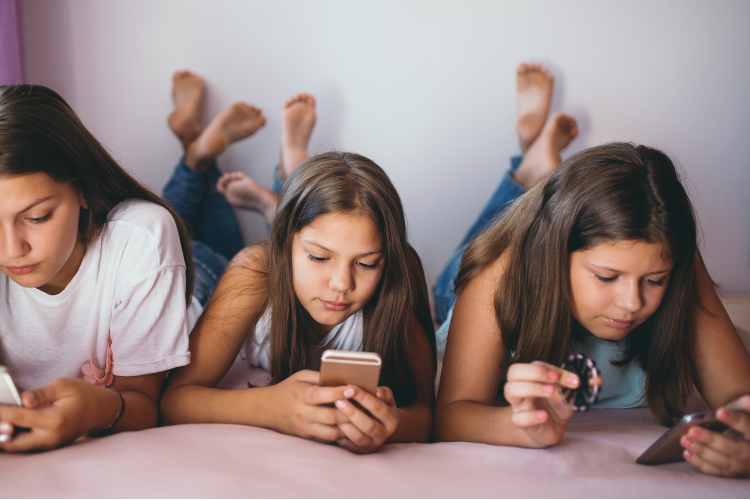Social media has become an integral part of daily life. It provides a platform for teens to interact with peers, express themselves, and stay up-to-date. Excessive use of social media can take a toll on your teen’s mental health. We spoke to a representative at a top-rated Boise teen mental health facility for their insight. This article will discuss three signs indicating that your teen needs a social media break.
Decreased interest in activities
If your teen suddenly loses interest in activities they previously enjoyed, it could be a sign that they are spending too much time on social media. Social media addiction can take a significant time and leave little time for other activities. According to a study conducted by the Pew Research Center, 72% of teens use social media daily, with 45% saying they are online “almost constantly.”
Spending too much time on social media can lead to a lack of motivation and focus on other activities. Teens addicted to social media may experience a decrease in academic performance, sports performance, and other extracurricular activities. Additionally, social media addiction can lead to a lack of interest in spending time with friends and family and a decrease in physical activity.
Increased irritability and anxiety
Social media can be a breeding ground for cyberbullying and negative comments, which can take a toll on teens’ mental health. A study by the American Psychological Association found that 43% of teens reported being victims of cyberbullying. Cyberbullying can lead to increased irritability and anxiety in teens, making concentrating on tasks and interacting with others difficult.
Furthermore, social media can be a source of stress for teens who need to keep up with the latest trends and constantly post content to keep up with their peers. Social media can also cause anxiety in teens who feel like they are missing out on events and experiences that their peers are sharing online. This fear of missing out (FOMO) can lead to feelings of inadequacy and low self-esteem.
Disrupted sleep patterns
One of social media addiction’s most significant adverse impacts on teen mental health is disrupted sleep patterns. According to the National Sleep Foundation, 95% of teens use electronic devices within an hour of bedtime, and 76% use their phones in bed. The blue light emitted by electronic devices can suppress the production of melatonin, the hormone responsible for regulating sleep, making it difficult for teens to fall asleep and stay asleep.
Moreover, social media addiction can lead to teens spending hours scrolling through their feeds late into the night, further disrupting their sleep patterns. Lack of sleep can cause many mental health problems, including anxiety, depression, and irritability.
Obsessively checking social media notifications
Another sign that your teen may need a social media break is if they are constantly checking their phone for social media notifications. According to a survey by the Royal Society for Public Health, 91% of 16-24-year-olds use social media to keep in touch with friends, but 70% reported that it negatively impacts their mental health. This compulsive behavior can decrease productivity and a lack of focus on other activities.
Furthermore, the constant need for validation through social media can damage a teen’s self-esteem. If your teen constantly checks social media notifications and becomes upset when they do not receive enough likes or comments on their posts, it may be time for a break.
Increased isolation and withdrawal
Finally, if your teen is spending more time alone and withdrawing from social activities, it could be a sign that social media negatively impacts their mental health. According to a study by the University of Pennsylvania, excessive social media use is linked to increased feelings of loneliness and depression. Teens who spend too much time on social media may begin to prioritize virtual relationships over in-person relationships, leading to feelings of isolation and disconnection from the real world.
Furthermore, social media addiction can lead to a lack of interest in real-world activities and interactions, further exacerbating feelings of loneliness and depression. If your teen spends less time with friends and family and is more withdrawn than usual, it may be time to reevaluate their social media use.
In conclusion, social media addiction can significantly impact Boise’s teen mental health. Signs that your teen may need a social media break include decreased interest in activities, increased irritability and anxiety, disrupted sleep patterns, obsessive checking of social media notifications, and increased isolation and withdrawal.

